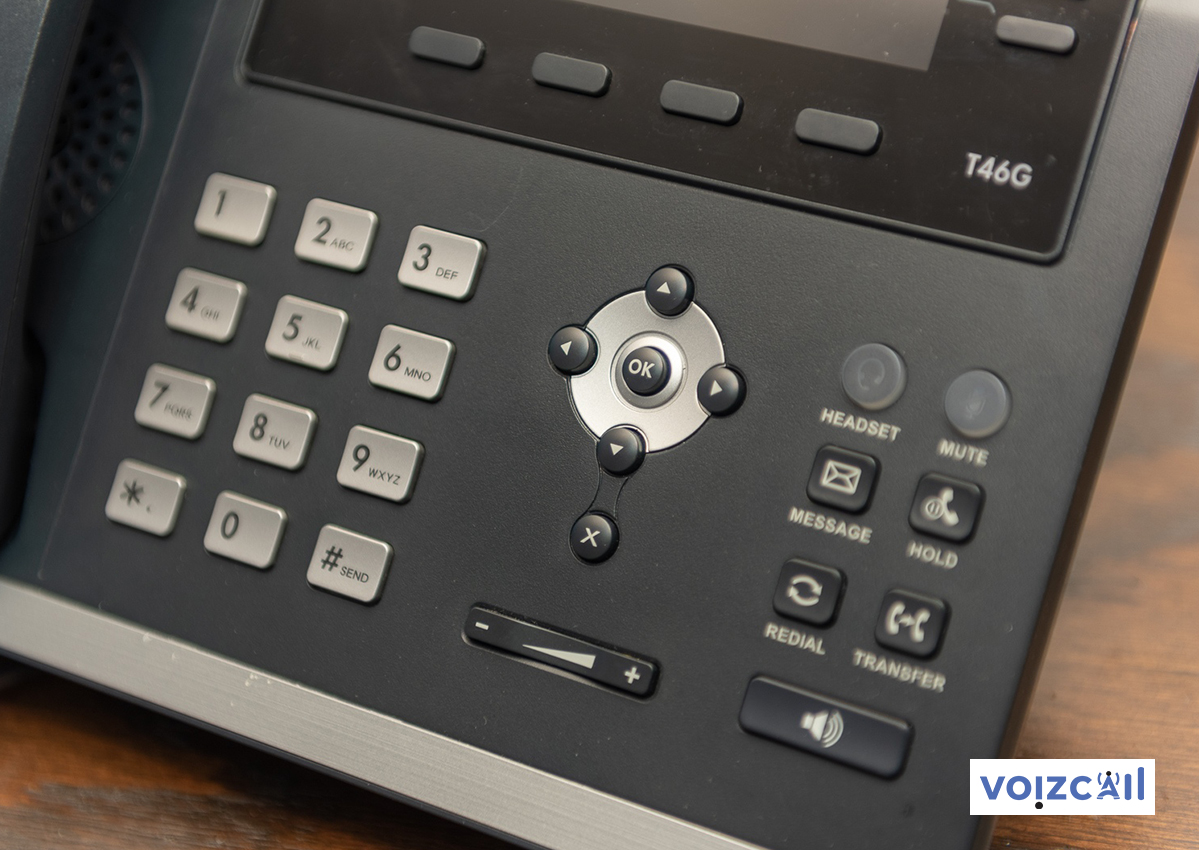


30/Mar/2023
Good day, techno-savvy and communicative people! Are you ready to step into the innovation of VoIP callers and changing the world of conversation? Let us walk through the beauty of Voice over Internet Protocol (VoIP) and see how it disrupts the normality of communication like never before. So sit tight and let us embark upon an electrifying journey through the wonders of VoIP!
1. Crystal Clear Calls:
Wave goodbye to static and dropped calls! VoIP technology works wonders in providing HD voice quality that makes every conversation clear. It is akin to turning your phone into a high-tech sound system.
2. Anywhere the World:
VoIP makes it easy whether it is a call to a friend in Paris or a colleague in Tokyo. It's like having a magic carpet to take your voice where you want to!
3. Cost Savings:
Call / Email for Sales Inquiry Today
Are you tired of all those gigantic bills? VoIP saves the day when you want to call at a low price or even free. It's like finding a treasure chest of savings buried in the internet connection.
4. Flexibility and Mobility:
Call from your smartphone, tablet, or computer anywhere with an internet connection. It is like a communications hub that you can take with you.
5. Advanced Features:
From voicemail to email to call forwarding to video conferencing, you name it. VoIP has your back with tools that assist in your everyday life. It is the difference between an advanced phone and a communication geek.
6. Collaborate with Enhanced Features:
Collaborate with your fellow employees, without regards to their locations. VoIP enables collaboration through group calls and instant messaging. It is like having a virtual office where everyone can connect and share ideas.
7. Green Communication:
Since VoIP reduces the number of physical phone lines and hardware required, it reduces your carbon footprint. Staying connected while giving Mother Earth a high five!
So there you go, champions of communication! The VoIP approach is ending with the conversation revolution, clearer, cheaper, and more flexible than ever. Are you up for giving it a thought and keeping those digital conversations flowing? Let's jump in and make every call count!
Happy chatting!